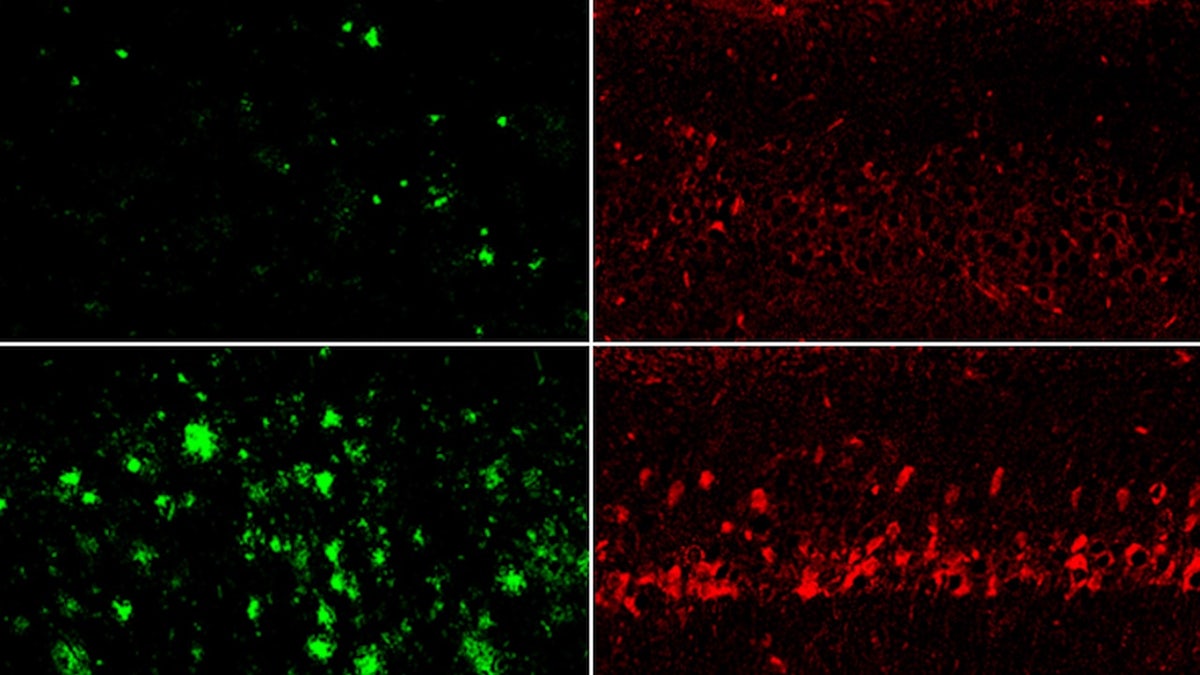【】
发布时间:2025-09-11 19:27:05 来源:都市天下脉观察 作者:焦点
- Comments
How to lower your Alzheimer’s risk, according to Dr. Daniel Amen
The acclaimed psychiatrist and brain disorder specialist explains how everyday choices — from diet and exercise to blood flow — can either protect or accelerate cognitive decline.
NEWYou can now listen to Fox News articles!Researchers have uncovered a new factor that could contribute to Alzheimer’s disease development.
A study by Harvard Medical School has identified low lithium levels in the brain as a possible trigger for the common dementia.
Lithium is known to have many functions in the brain, including balancing mood-regulating chemicals, protecting neurons and managing emotional processing. It has also been used to treat bipolar disorder and depression.
ALZHEIMER’S RESEARCHERS SAY TARGETING BRAIN SUGAR COULD HELP PROTECT AGAINST DEMENTIA
Now, new findings show that the metal could be a "missing link" in Alzheimer’s risk, according to a Harvard press release.
The researchers tested lithium’s effects in mice, as well as human brain tissue and blood samples.

In a mouse model of Alzheimer's disease, lithium deficiency, right, dramatically increased amyloid beta deposits in the brain compared with mice that had normal physiological levels of lithium, left. Bottom row: The same was true for the Alzheimer’s neurofibrillary tangle protein tau. (Yankner Lab)
The human brain samples were obtained in partnership with the Rush Memory and Aging Project in Chicago, which maintains post-mortem brain tissue from thousands of donors.
The samples represented the full spectrum of cognitive health, ranging from no sign of disease to mild cognitive impairment to advanced Alzheimer’s, the release stated.
TWO CANCER DRUGS SHOW PROMISE IN REVERSING ALZHEIMER'S DEVASTATING EFFECTS
They discovered that lithium levels became lower as signs of the disease increased, showing as "greatly diminished" in advanced Alzheimer’s patients.
"It’s the first time anyone’s shown that lithium exists at a natural level that’s biologically meaningful without giving it as a drug."
- 上一篇:Emory University discontinues DEI programs amid Trump administration warnings
- 下一篇:Stephen Colbert's audience boos when he says Trump is 'very much alive'
相关文章
- 羽毛球——中国公开赛:梁伟铿/王昶无缘男双八强
- 第十五届全运会乒乓球资格赛男团:马龙、王楚钦男双开门红
- 50岁丘索维金娜复出,冲击洛杉矶奥运会
- 跳水世界杯瓜达拉哈拉站 中国队收获7金4银1铜
- Western North Carolina rebuilds after Hurricane Helene devastation
- “不败大巴黎”提前卫冕联赛冠军,成法甲冠军数量最多球队
- 石宇奇领衔全主力阵容出战,国羽能否在伯明翰打赢“翻身仗”
- 正好侃球丨泰山即将战梅州 崔康熙介绍球队伤病情况
- Hegseth warns drug traffickers after US strike destroys Venezuelan boat
- 正好侃球丨泰山“让三”是战术错误 “追四”是板凳深度
随便看看
- Copyright © 2025 Powered by 【】,都市天下脉观察 辽ICP备198741324484号sitemap
